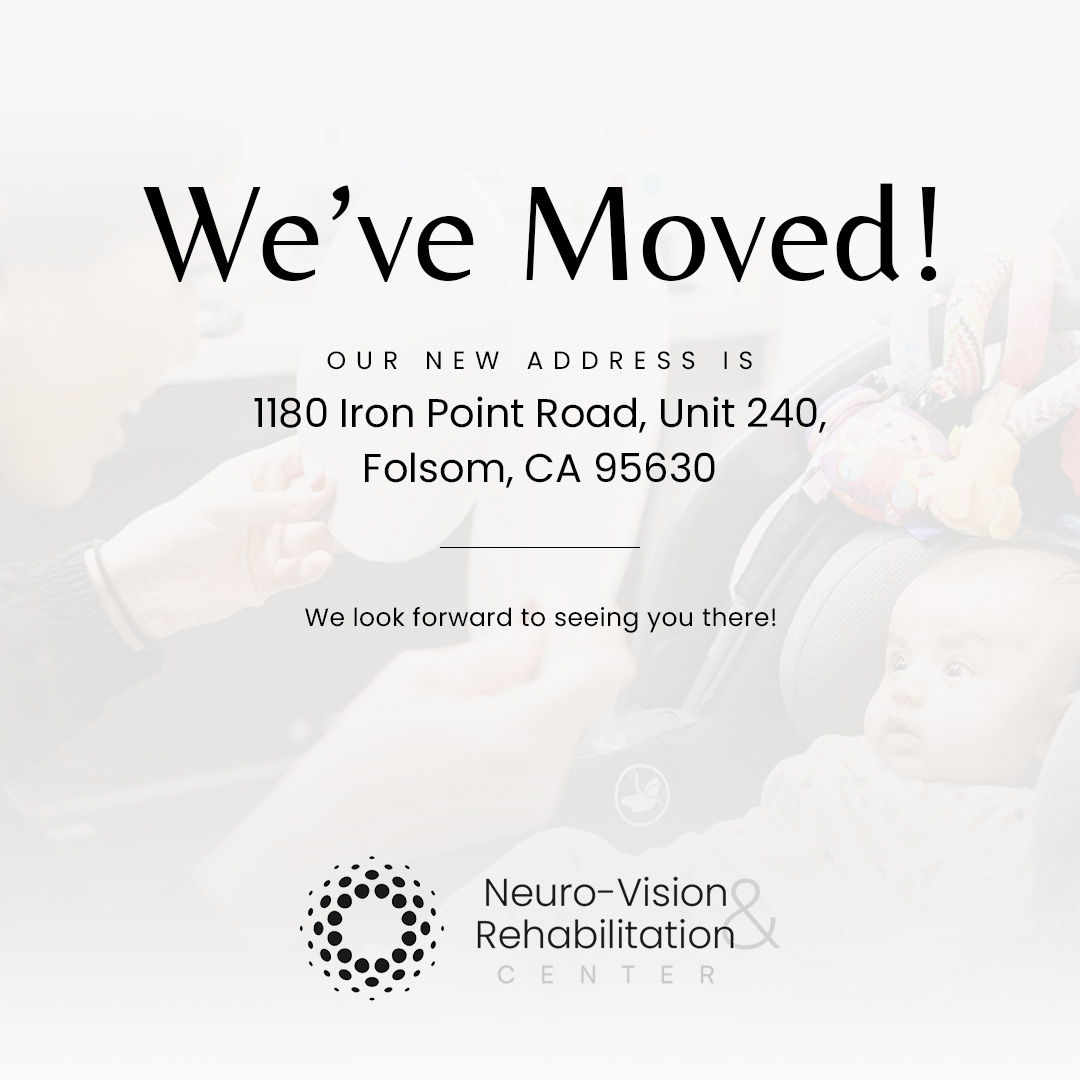
The Role of Neuro-Optometry in the Recovery of Brain Injury and Trauma
What is Neuro-Optometry?
Neuro-Optometry can play a significant role in the path to recovery from a traumatic brain injury. Doctors that specialize in Neuro-Optometry have had additional training that focuses on how the eyes work as a team and process information to bring meaning to what you are seeing. Neuro-Optometrists also are trained and give attention to how the visual system integrates with the other sensory systems and how they balance and function together for the person to be able to navigate and perform at their best.
What is Neuro-Optometric Rehabilitation?
Neuro-Optometric Rehabilitation focuses on strengthening the visual skills needed to perform daily activities for increased independence and improved quality of life after a traumatic brain injury. As well as, rehabilitate cognitive function and integration of other sensory systems with the visual system for a whole body approach.
Below is a list of the common ocular conditions that can emerge post brain injury, trauma or concussion. These include:
Vestibular Dysfunction – imbalance of the vestibular system and how it integrates with the visual system can commonly be associated with motion sickness and at times even vertigo.
Acquired Strabismus – also known as “crossed-eyes.” This occurs when there is a misalignment with the eyes.
Convergence insufficiency – Difficulty paying attention or focusing on near or far objects for long periods of time. Convergence insufficiency is a very common symptom people experience.
Visual-spatial dysfunction/visual processing disorder – a disrupted sense of where objects are in space and where your body is in relation to other objects. This can cause someone to feel disoriented in busy areas or get overwhelmed when they are in busy rooms/areas.
Oculomotor Dysfunction – hard time tracking and following objects, making it difficult to read or sustain concentration on near tasks. Words or sentences seem to move on the page or loose track when reading.
Nystagmus – a condition where the eyes repeatedly make uncontrolled movements. This can result in problems with balance, visual acuity, and depth perception.
BINOCULAR VISION DYSFUNCTION: This is the inability to use the two eyes together, and contributes to dizziness, headaches, and the inability to sustain focus. Undiagnosed, mis-diagnosed, or untreated binocular vision dysfunction conditions can impede progress in rehabilitative therapies with both occupational and physical therapists.
Hemianopsia/Visual Neglect—losing part of your visual field or unable to process the information that is coming from that field of vision.
Early diagnosis and treatment of these vision conditions is a critical component of overall recovery and lingering vision conditions impede rehabilitation therapies (physical therapy, occupational therapy, speech therapy, etc) as well as prolong the return to normal daily activities.
If you have any questions, please feel free to complete our Adult/TBI screening form to see if you are experiencing any visual symptoms secondary to a Brain Injury.












